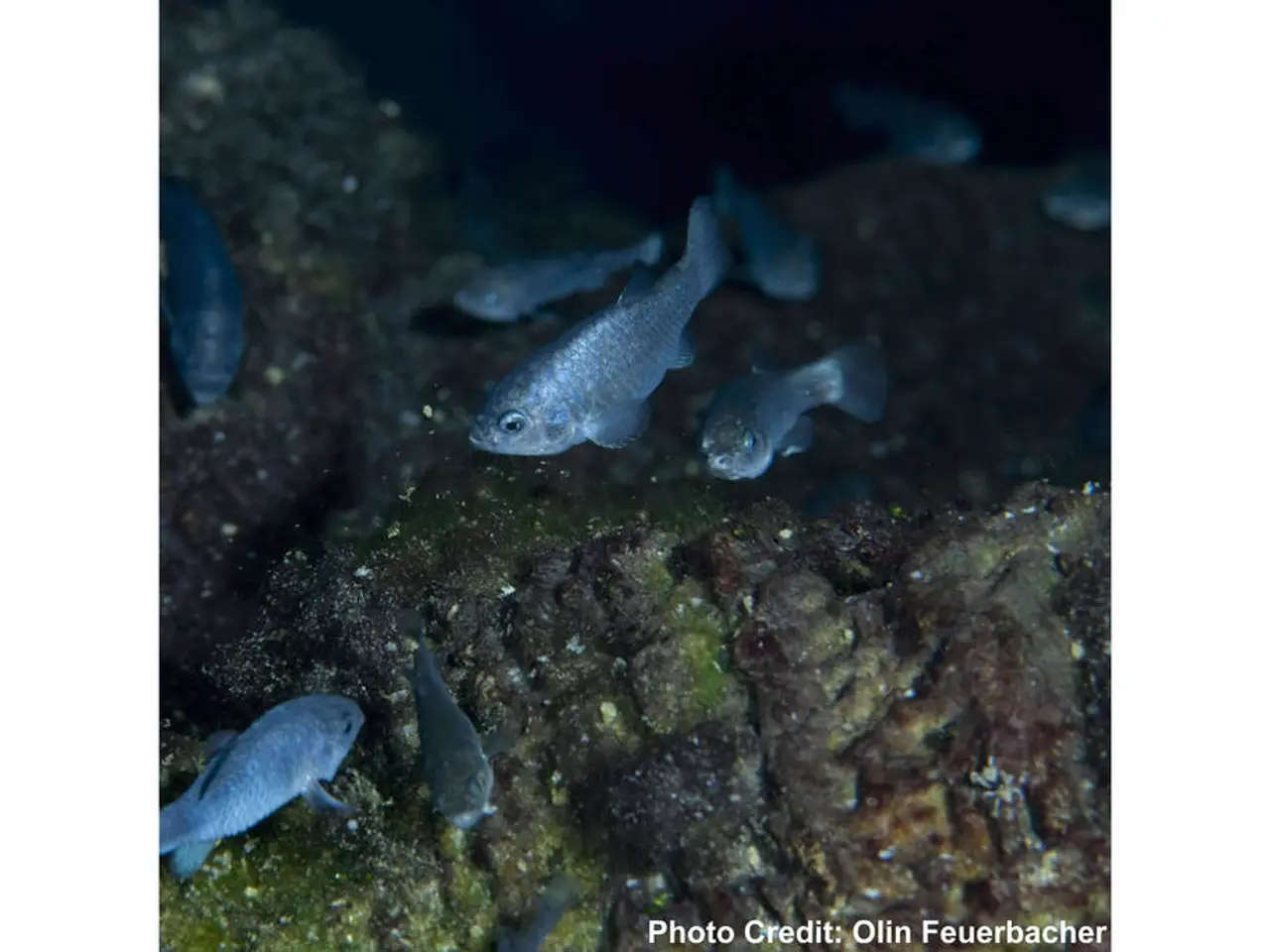Climate change adaptation assistance for small-scale fisherman via new data management system
The Peskas open-source system, designed for near real-time monitoring of small-scale fisheries, is set to expand across several countries in Africa and Asia, aiming to improve fisheries management and help small-scale fishers adapt to climate change.
Originally developed in Timor-Leste in 2016, Peskas has been successfully implemented in Zanzibar, where 100 fishing boats are equipped with trackers, and data collectors at 30 landing sites use tablets to record catch information, including details about species, weight, and length[1][3]. This data is then automatically analysed and displayed as statistics, providing valuable insights into fishing grounds productivity.
The expansion of Peskas is expected to encourage open-source solutions and better cooperation between countries in the South, particularly in Africa. Countries such as Brunei, Djibouti, and Ethiopia have expressed interest in adopting this technology[3].
Arthur Tuda, executive director of the Western Indian Ocean Marine Science Association, believes that successful digital transformation requires tools to be based on the needs and realities of the people who will be utilizing them. He emphasises that small-scale fishers should be involved in the design process[3].
Before Peskas, data were recorded on paper and only reported annually. Peskas's near real-time monitoring capabilities offer a significant improvement in the availability and accuracy of data for decision-makers, enabling them to manage fisheries more effectively and meet their reporting duties.
In addition to its fisheries management capabilities, Peskas also promotes access to information through a compact genome sequencing tool kit and open-access courses. These tools are designed to cater to the needs and realities of the people who will be utilizing them[3].
The Asia Digital Hub, led by WorldFish, aims to integrate data on aquatic animal health, aquaculture, household nutrition, and women's empowerment, furthering its integration with climate adaptation efforts[1][3]. The hub, which was launched by the global research partnership CGIAR at WorldFish’s headquarters in Penang, Malaysia, aims to develop and scale digital solutions for food systems.
Peskas is a critical component of the Asia Digital Hub. With its expansion, the hub is set to extend beyond Asia, promoting better cooperation and open-source solutions, and helping Africa's fisheries monitoring and climate adaptation efforts grow.
Sources: [1] WorldFish. (2021). Peskas. Retrieved from https://peskas.worldfish.org/ [2] Tuda, A. (2021). Personal interview. [3] WorldFish. (2021). Asia Digital Hub. Retrieved from https://www.worldfish.org/our-work/asia-digital-hub
- The Peskas system, initially developed in Timor-Leste, aims to expand across Africa and Asia, assisting small-scale fishers in adapting to climate change.
- With the support of the Asia Digital Hub, Peskas seeks to integrate data on aquatic health, aquaculture, and women's empowerment, enhancing its role in climate adaptation efforts.
- In Zanzibar, where Peskas has been implemented, 100 fishing boats are equipped with trackers, providing data on species, weight, and length for analysis and real-time monitoring.
- Arthur Tuda emphasizes the importance of designing tools, like Peskas, based on the needs and realities of the people who will be utilizing them, particularly small-scale fishers.
- Prior to the implementation of Peskas, catch data were recorded on paper and reported annually, making decision-making and reporting duties more challenging.
- The expansion of Peskas is anticipated to encourage open-source solutions and stronger cooperation between countries in Africa and Asia, particularly in regards to policy and legislation concerning climate change and environmental science. Additionally, it will contribute to general news and worldwide discussions on climate change, technology, lifestyle, food-and-drink, and the SDGs.




